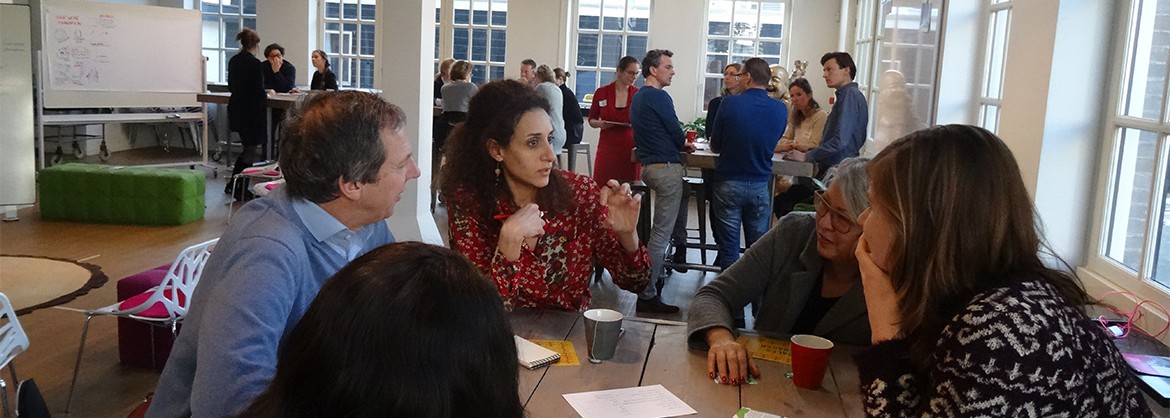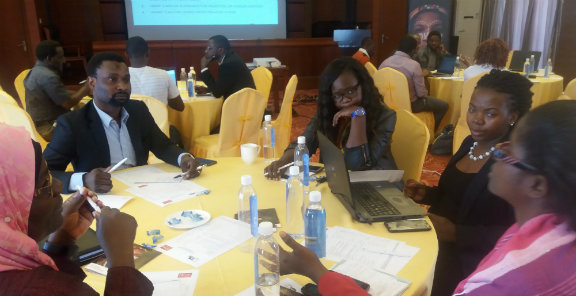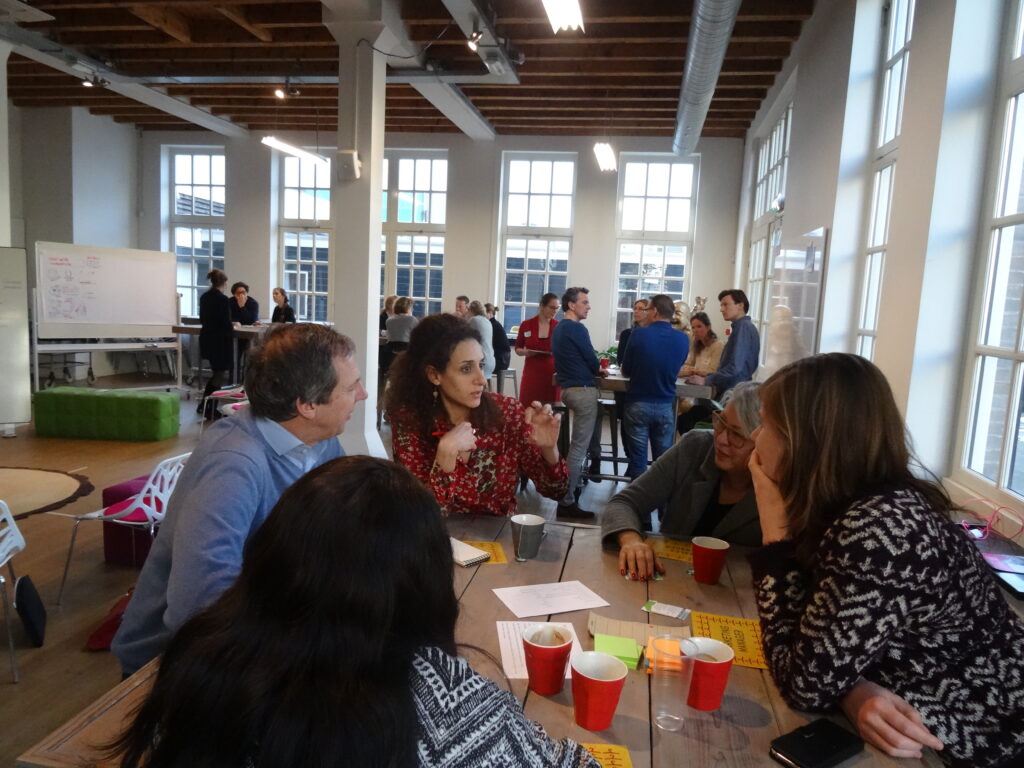This program has ended
Update Oct. 2021: The lab is back, now as the Living Wage & Income Lab. After a partnership between Hivos and Fairfood, the lab is now relaunched exclusively by Fairfood to foster inclusive and sustainable value chains.
Many people working in the agri-food supply chains do not earn a living wage, and so cannot afford basic necessities. The lab aims to find ways of introducing living wages in the supply chains of businesses and other stakeholders in the agri-food sector.
Why do we need to institute a living wage?
Low wages are a persistent problem in many global value chains. In developing countries, labor-intensive industries generally employ large numbers of vulnerable workers, like women. One example is agribusiness, where women are often paid the lowest wages. It is a complex process to introduce a living wage and requires the cooperation of many different stakeholders in the production chain. This is why Hivos and Fairfood started the Living Wage Lab.
How does a “lab” work?
The Living Wage Lab follows the approach of a Change Lab: it provides space for a variety of stakeholders to explore and experiment, and work together to find solutions for an urgent and complex problem. Here, participants from different backgrounds jointly develop innovative ways to institute a living wage. They include representatives from government, trade unions, producers, retailers, NGOs, certification bodies and research institutes. During lab sessions, they look at living wage issues from all these different points of view. This helps them come up with new strategies, try out a wide range of ideas and approaches, and take action to actually implement living wages.
Where
The Netherlands (Lab); Uganda, Malawi, (program countries)



